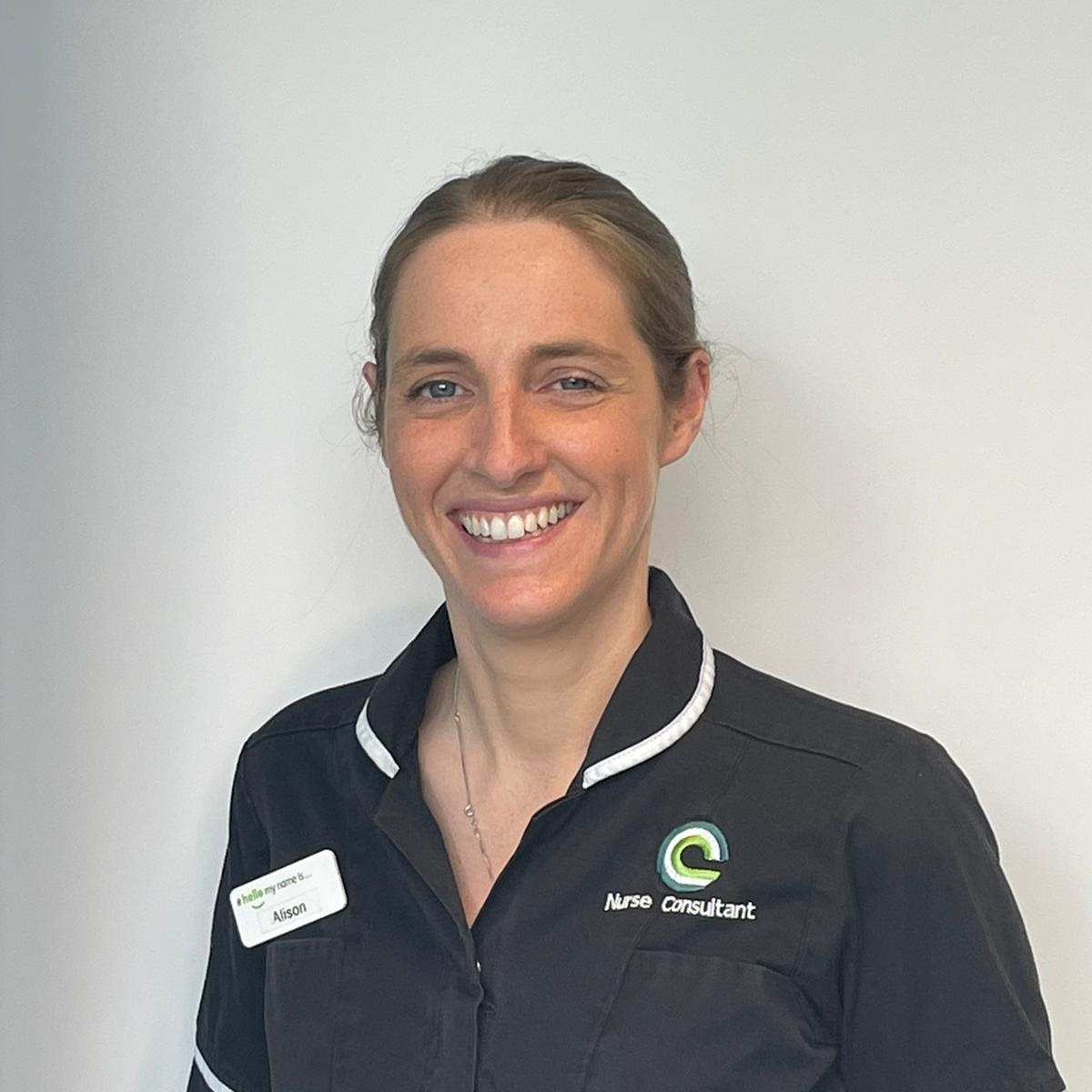News and presentations from todays conference for current and aspiring Non Medical Prescribers, chaired by Dr Barry Quinn Senior Lecturer for Cancer & Palliative Care Queens University Belfast.
National Update
Barry opened the conference with a national update looking at developments in cancer care and the impact on non-medical prescribing practice, including:
- With regard to competency he said it is important to recognise that not all prescribers are the same, we all come from different backgrounds and have different skills.
- It's important to understand the person behind the illness, they are not cancer patients, they are more than having a disease, they are living with cancer.
- We must recognise that not to prescribe is just as important as to prescribe, stopping medicines is an important decision and it might be the best approach to offer more supportive treatment - we need to think about language here too
- In UK & Ireland people are generally living longer thanks to healthcare, medicines and social care. As a society we don't care enough about older people. The majority living with cancer today are in the older population. Most diagnosed with cancer have a comorbidity
- We need to ensure the patient voice is heard, especially within the diverse population, people are not always treated equally, we have to make reasonable adjustments.
- The new continuous approach to cancer treatment comes with challenges for us. We need to consider pain, oral damage etc We need to keep up with these side effects as prescribers, with all the new drugs and treatments
- There isn't enough specialist practitioners, we don't have 24hour care, for those with advancing disease we need continuity of care and collaboration which is a challenge.
- Community services need more resources where most people are now being care for at home, there needs to be a key point of contact
Barry also discussed the importance of self-care and supporting staff mental health and wellbeing to be in a good place to be able to practice and prescribe competently and effectively and see the person not the patient.
Non Medical Prescribing in Acute Oncology
 Alison Taylor Nursing Consultant
Alison Taylor Nursing Consultant
The Clatterbridge Cancer Centre
• use of steroids in common cancer emergencies
• ensuring evidence-based prescribing
• acute oncology case studies
Ensuring Safety in Prescribing Practice: Immunotherapy treatment and how to manage side effects
 Laura Collantes Advanced nurse practitioner
Laura Collantes Advanced nurse practitioner
The Royal Marsden NHS Foundation Trust
• consideration when prescribing immune checkpoint inhibitors
• managing adverse effects from immunotherapy
• case studies in practice
